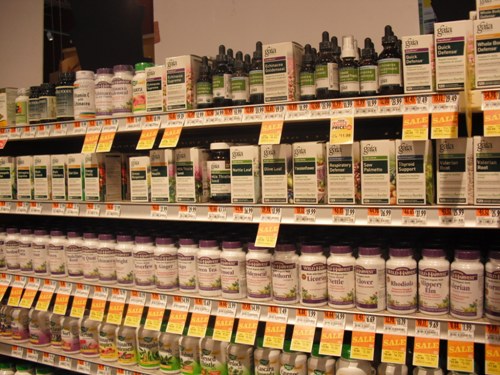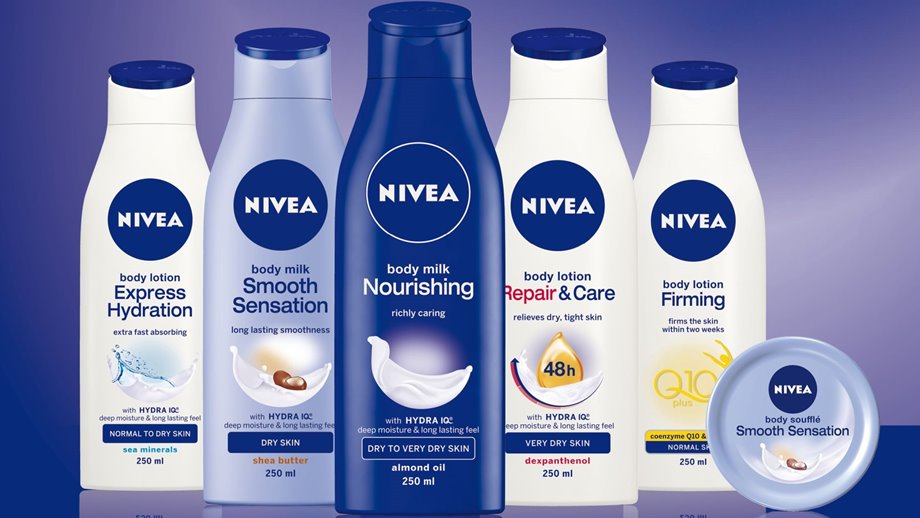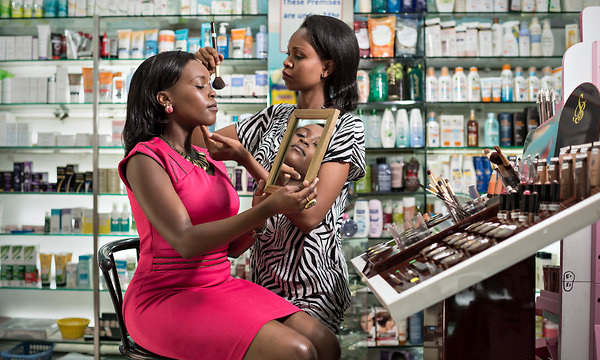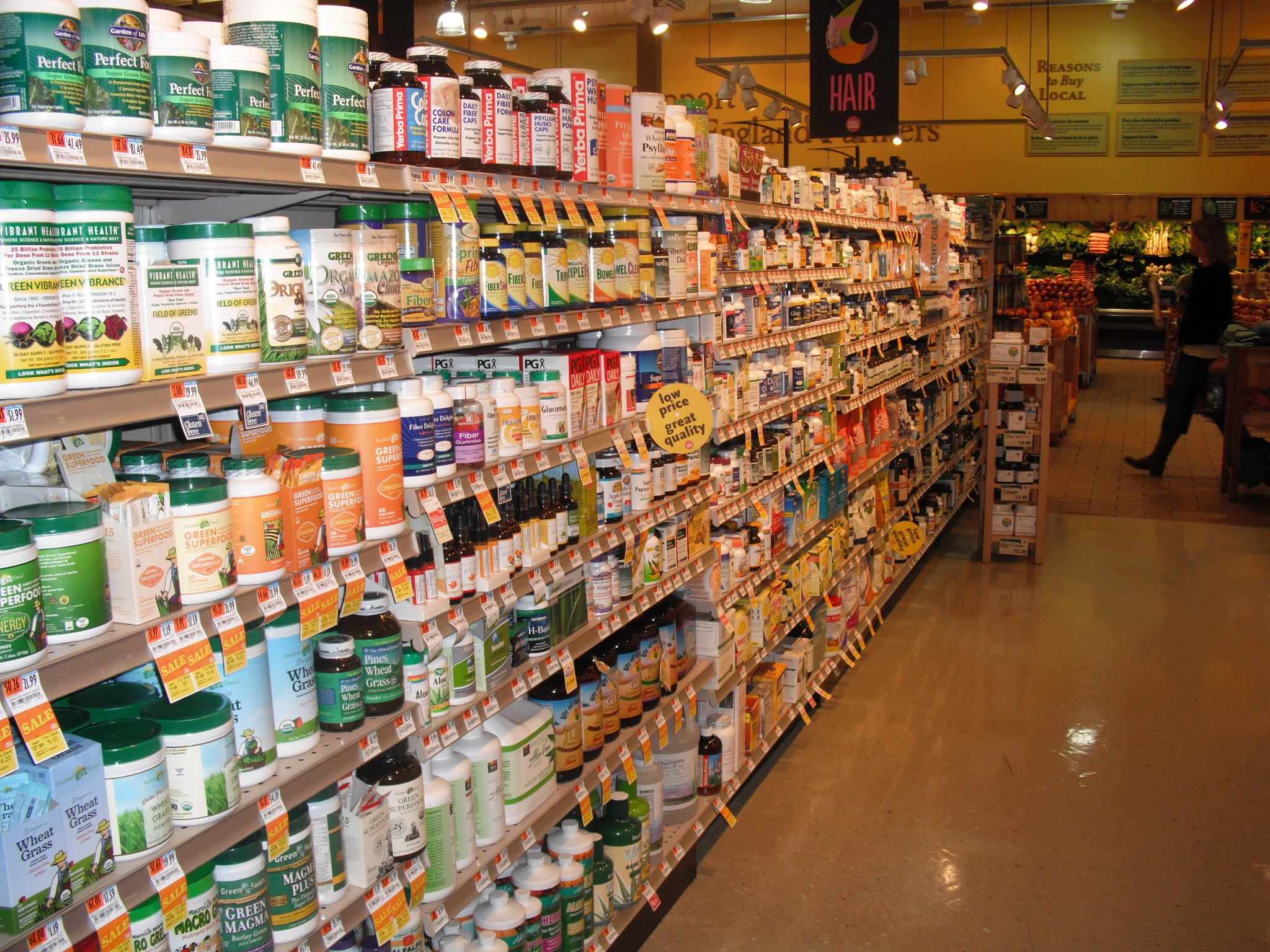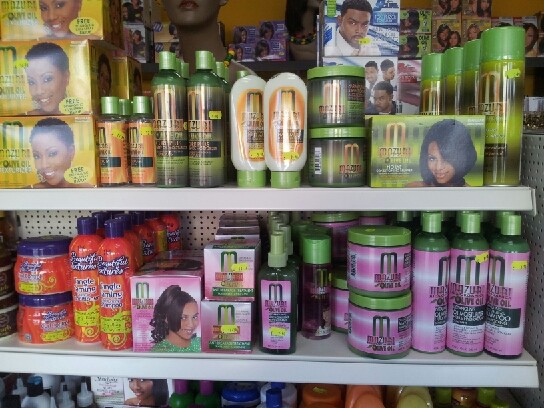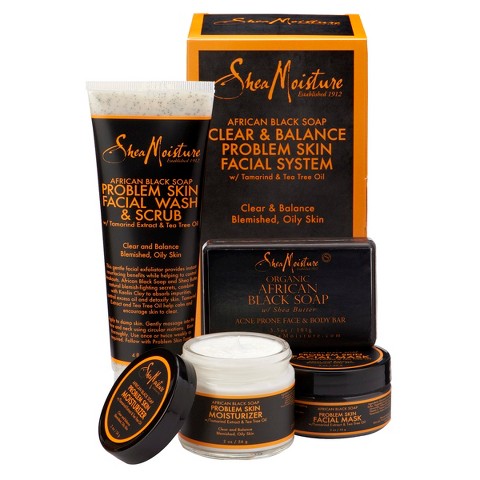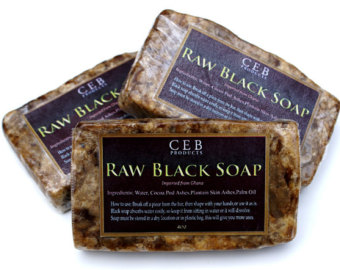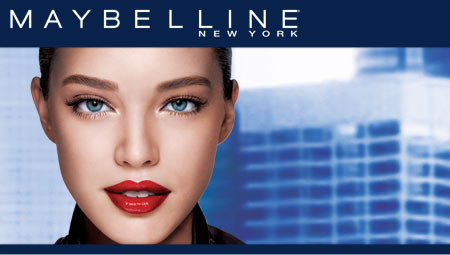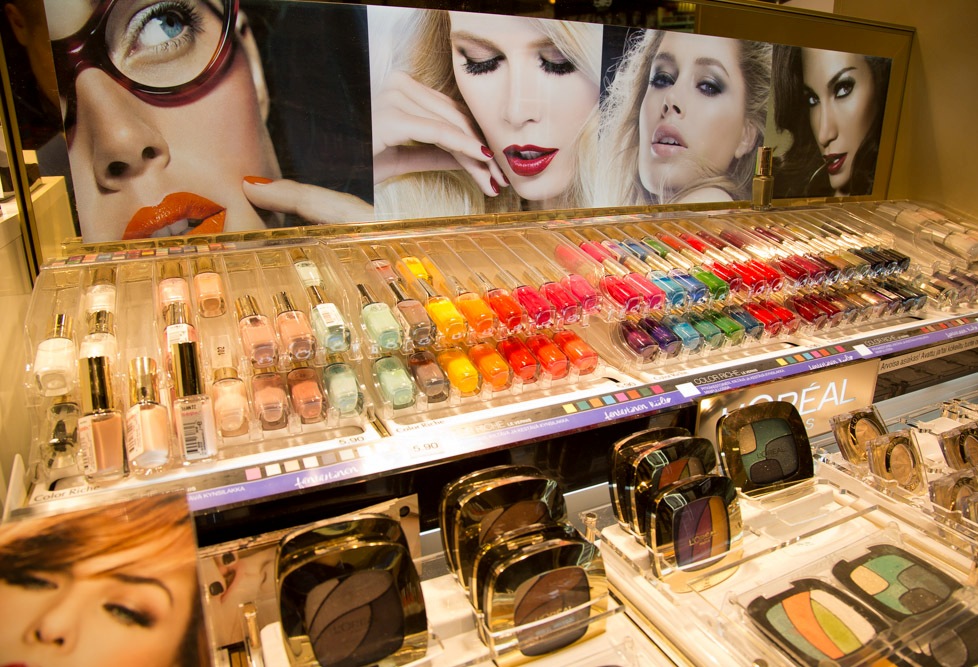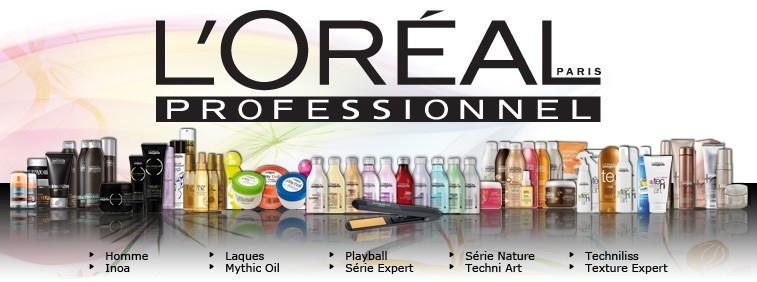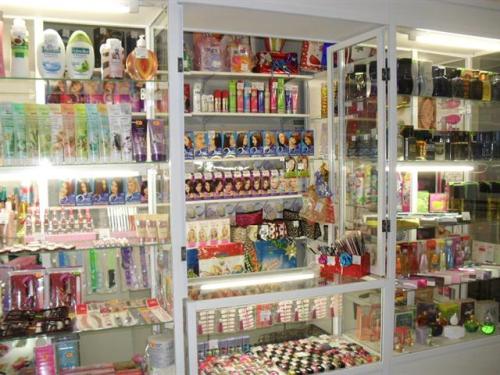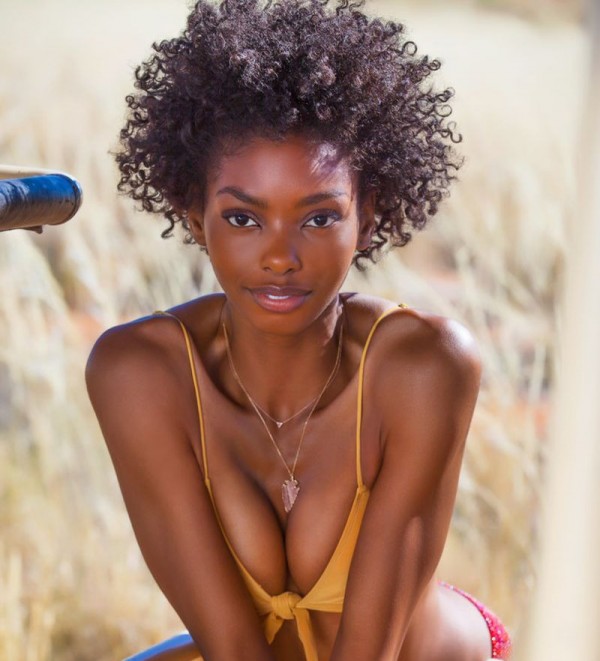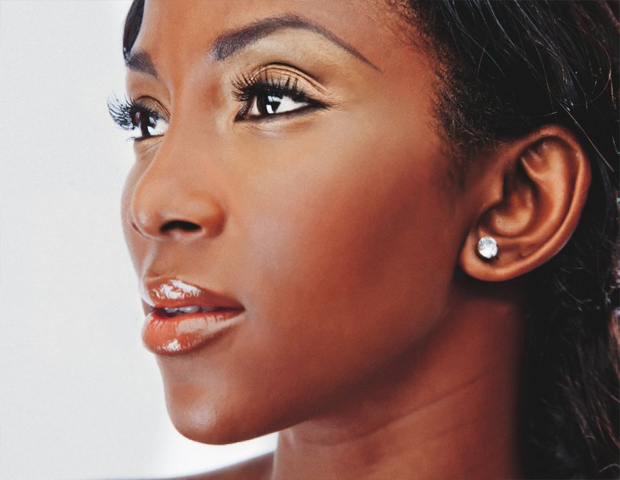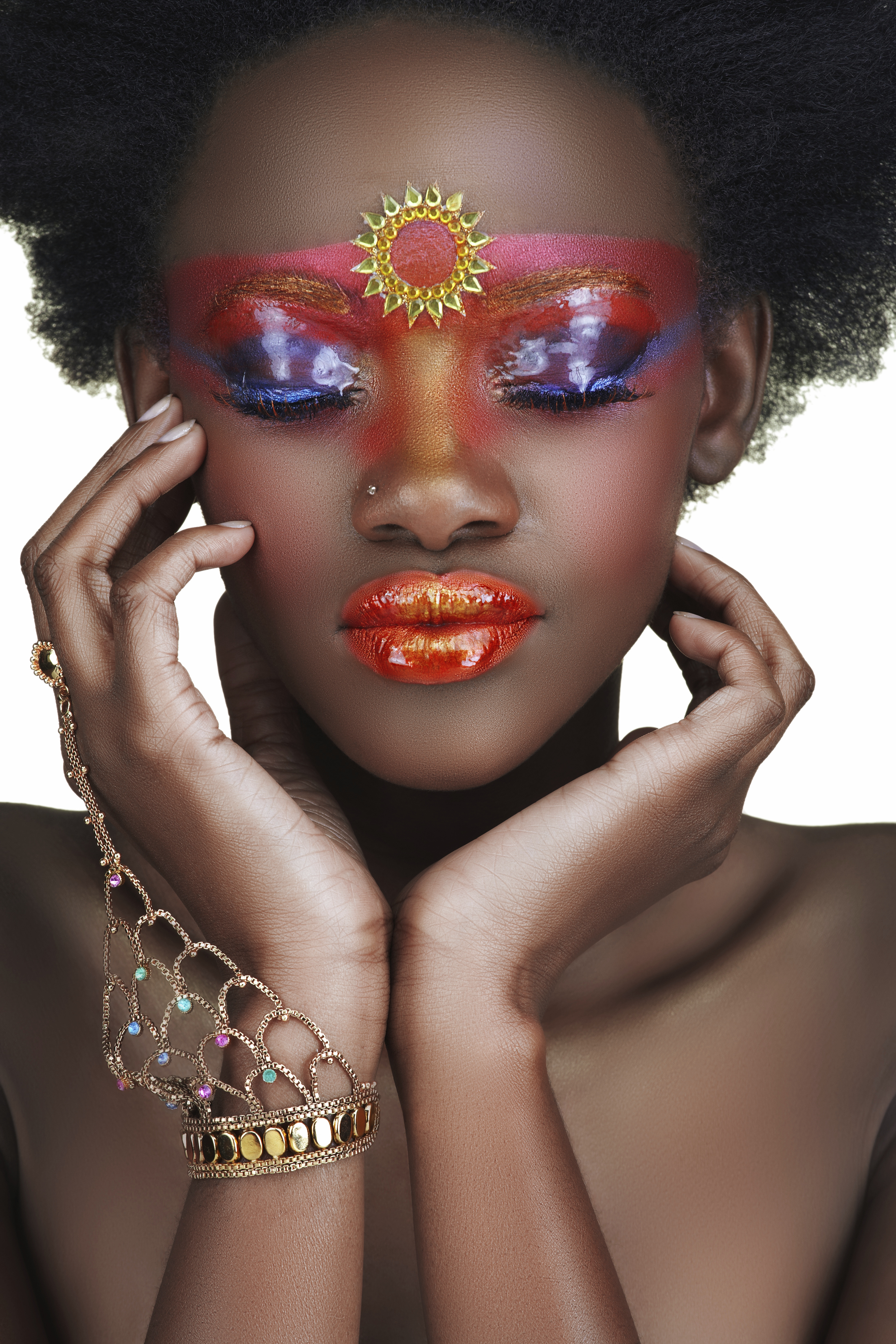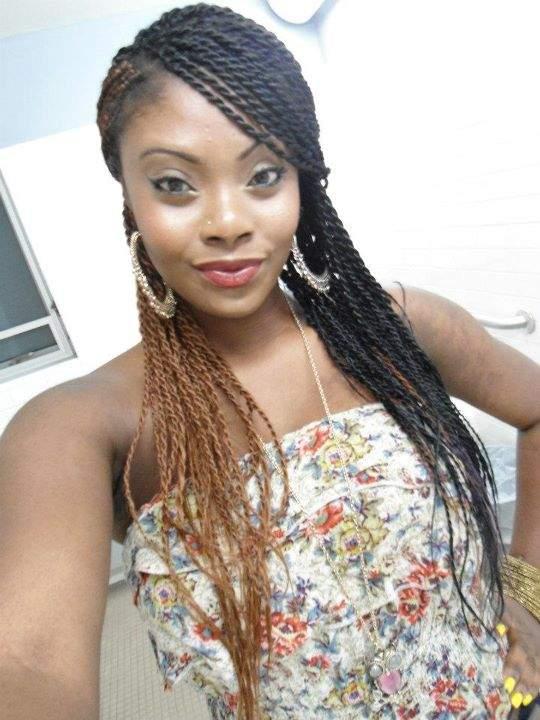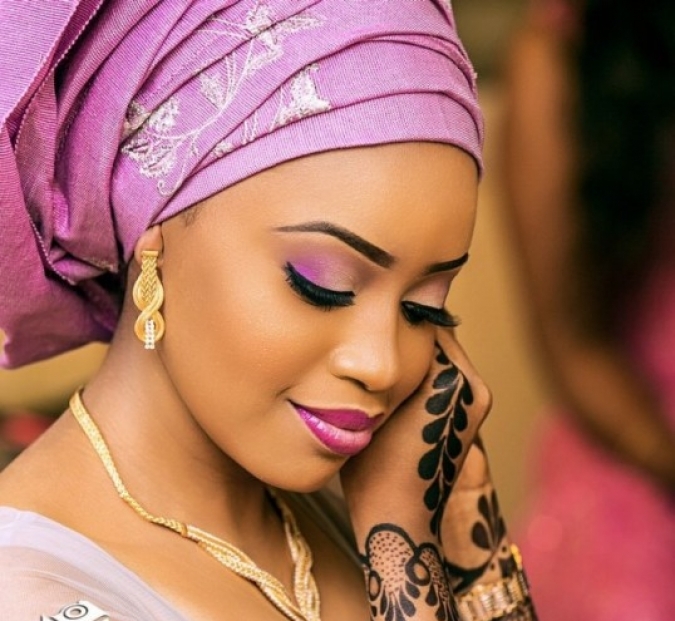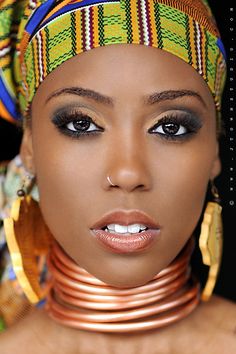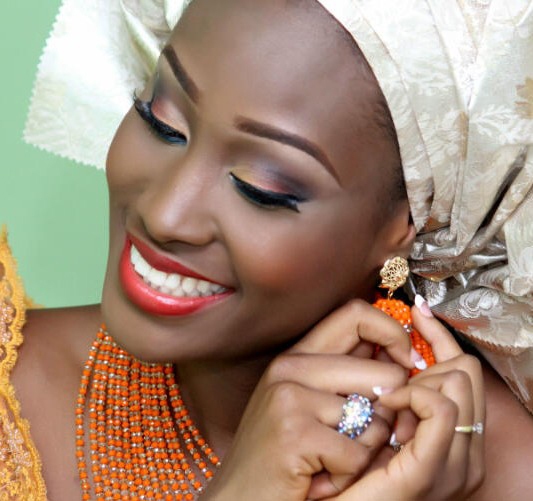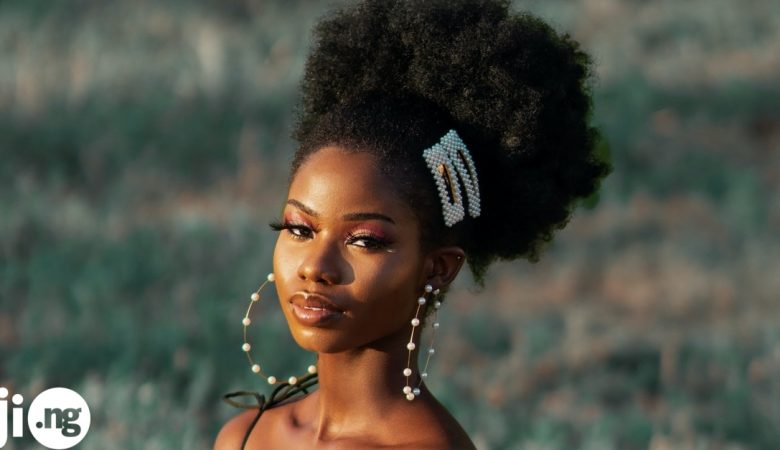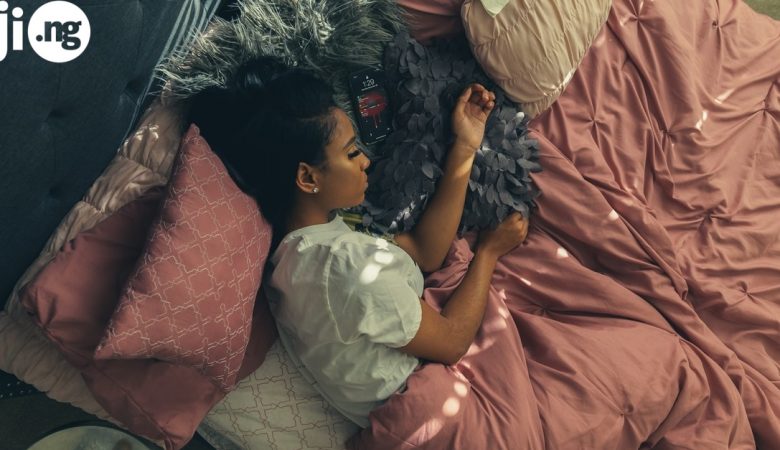According to the leading analytical companies, including Euromonitor International and Statista, the most rapidly growing markets of cosmetic products in 2015 were Africa, China and Brazil. Next, there are such countries as India, Indonesia, United States, Argentina, Mexico, Saudi Arabia, Turkey and Thailand.
This fact inspired us to create a post about peculiarities of starting beauty business in Africa.
Choose among a great assortment and buy quality beauty products on JiJi!
So, let’s get started – Go to the next page!
Introduction
South Africa and Nigeria are the biggest personal care and beauty markets in Africa (according to Euromonitor), but the growth is observed in Africa in general.
The main reasons why African beauty market is so attractive are:
- increasing population;
- fast growing middle class segment;
- increasing level of urbanization;
- well-developed business regulation.
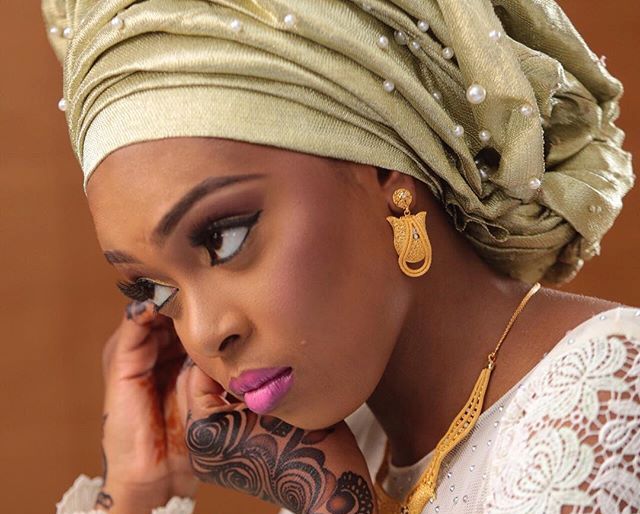
Two main ways to start beauty business – Go to the next page!
2 main ways to start beauty-business in Africa
Beauty-business is one of the fields, where you can start your own business without fundamental knowledge in this sphere and without huge initial capital. Actually, many small producers of natural cosmetics started their business at home.
There are two main ways to hook on the beauty market and occupy the niche – you can either create your own cosmetics or become a retailer and sell products of existing brands. In both cases the start-up capital may be rather different, but one thing is common – you need brain, entrepreneurial talent, market knowledge and a tablet or a smartphone with the Internet access.
- Creating your own cosmetic products.
One of the most vivid examples of super popular product that was born due to this approach is Dudu Osun, or African black soap. No one will deny that Africa is rich in natural ingredients for its production – Shea butter, palm ash, tamarind extract and plantain peel – so why not use it for business?!
There are also other products that successful African brands use for creation of natural skin care cosmetics. For example, Shea butter, Coconut oil, and Aloe vera, known for their magical properties. Aloe extract is a very popular ingredient in cosmetics nowadays – just look!
There are many examples of successful brands in Africa. You will have to compete with such giants of the market as Wema, Lush, Auntie Clara’s, RainAfrica, House of Tara, BMPRO, Khuraira Cosmetics, Zaron and others.
- Selling the products of local and international cosmetic brands.
Importers are leading market players in Africa. They distribute premium-products from the countries in the Middle East, North America, Europe and Asia. You can easily take the advantage of this option and join the family of successful distributors of quality premium cosmetics.
Most famous international brands in Africa:
- L’Oréal;
- Laurent Philippe;
- Unilever;
- Avon;
- Dove;
- Olay;
- Oriflame;
- Nivea;
- Clarins;
- Estée Lauder;
- Maybelline.
Depending on the size of the parties and the brand, you will need a larger or smaller initial capital – but still, the sum will be much higher than for the first option (creating your own hand-made cosmetics). Moreover, you will most likely need a state import license.
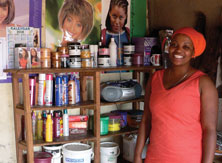
What product categories you should concentrate on? Go to the next page!
Product categories to concentrate on the African market
Hair care products are 20% of beauty-products sold on the market:
- shampoos;
- pomade;
- hair gels;
- conditioners;
- coloring and dyes;
- relaxers;
- hair styling products.
The most popular brands in this category: Sleek, LISE Beauty Range, Oriflame, Zaron, Miss Jessie’s hair products, Kimble Hair Care Systems, NouriTress.
Skin care – 30% of beauty-products:
- body lotions;
- skin moisturizers;
- cleansers;
- toners;
- anti-acne;
- anti-aging;
- facial products.
An increasing interest of young Africans to whitening skin care products provokes an unprecedented supply of this kind of products. This fact can turn a production of whitening beauty products into a multibillion-dollar business.
According to BBC and World Health Organization, African nation is the largest consumer of such cosmetic products: 77% of African women use whitening creams and similar products on a regular basis.
In Nigeria the most favorite brands in this category are Khuraira Cosmetics, Sleek, Olay, Estee Lauder, Nyruju Skin Care, Iman, Eric Bernstein, L’oreal.
Make up. This category is quite large, and there are various niches for a variety of specific needs in which you can “test” your luck:
- lipsticks;
- concealers;
- foundation;
- face powder;
- blushes;
- mascara;
- eyeliners;
- nail polish;
- make up removers.
In addition to such international giants as Maybelline, Mary Kay, Clinique, there are many local promising make-up brands: House of Tara, Kenya’s Suzie Beauty line, BM PRO, Sleek, Zaron, Inglot, MUD, Nouba, LISE.
Personal care and Toiletries. This is a category of FMCG (Fast Moving Consumer Goods) that is characterized by daily demand:
- bathing soaps (liquids and bars);
- toothpaste;
- shaving cream;
- hair removal preparations (depilatories);
- deodorants;
- antiperspirants;
- sunscreens;
- toilet paper.
Fragrances. Here the sales may be smaller than in other categories, but the level of profitability of the category is high:
- perfumes;
- eau de Toilette;
- eau de Parfum;
- cologne;
- aftershave.
We hope, the above data is enough to see the prospects of African market for beauty market players and in order to determine the first steps of your own beauty business.
Good luck! And let your company rise beautifully!
All that humankind has come up with to create beauty is already on JiJi!

